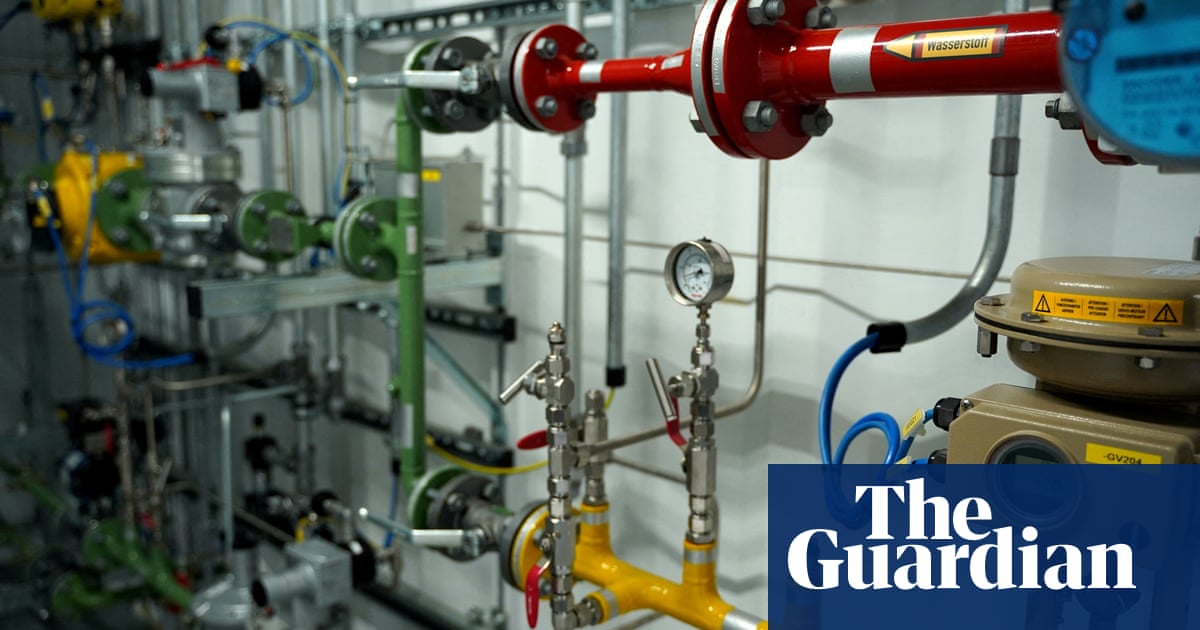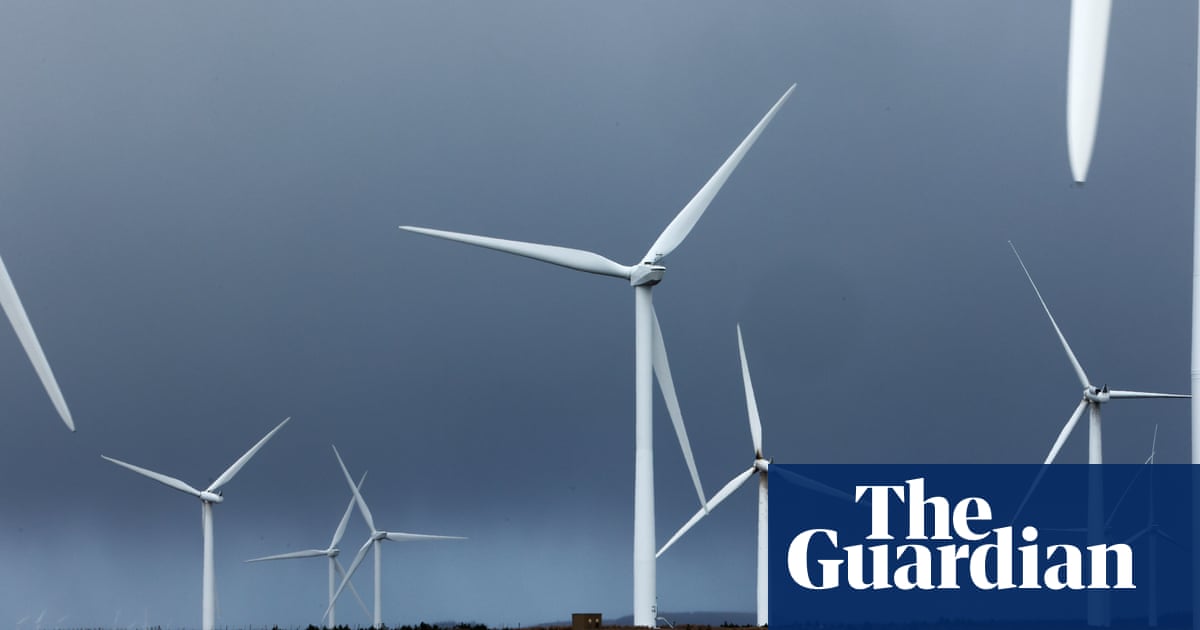
Blending hydrogen into the UK’s gas heating systems could raise consumer bills by almost £200 for an average household, analysis suggests.
The blending of natural gas with about 20% hydrogen, for use in home heating systems, is one of the key recommendations by the government’s hydrogen champion, Jane Toogood, in a report to ministers on how to produce and use hydrogen in the UK.
But a group of green campaigners, thinktanks and energy companies have written to the energy secretary, Grant Shapps, urging him to reconsider. Analysis by the thinktank E3G shows hydrogen blending could increase the average household’s heating bill by about £192 a year.
In the letter, seen by the Guardian, the groups warn that blending hydrogen into the gas supply would require consumers to use more gas, as hydrogen provides less energy than fossil gas when used in this way. “We disagree with the report’s recommendation to stimulate demand for hydrogen through blending and heating,” wrote the groups, led by E3G.
“This puts the early costs of building the hydrogen economy on the shoulders of consumers, who will bear the costs of higher energy bills and costs of conversion – on top of the proposed ‘hydrogen levy’ set out in the energy bill. As hydrogen is more expensive than the gas currently used to heat most UK homes, a 20% blend can only raise consumer prices. Raising energy bills during a cost of living crisis is the wrong way to develop industrial demand for hydrogen.”
The government is expected to decide this year whether to press ahead with plans for the blending of hydrogen into the UK’s natural gas networks, which could happen as soon as 2025. Ministers are also considering a hydrogen levy on bills to fund its development.
The hydrogen champion report calls on the government to “make the strategic decision to support blending of hydrogen into the gas network in 2023 and confirm a ‘minded to’ position on suitable commercial arrangements to support blending”.
Hydrogen is being touted as a potentially green fuel, to help the UK meet its goal of reaching net zero greenhouse gas emissions by 2050. But campaigners have two concerns: first, that hydrogen should be produced from renewable energy rather than as a byproduct from fossil fuel production; and that some uses being suggested for hydrogen are unsuitable.
The government is still considering hydrogen for home heating, because some gas specialists argue it could be used in current boilers without the need for new infrastructure. But a growing number of studies show that hydrogen would be unsuitable, or prohibitively expensive, for heating compared with alternative technologies such as heat pumps.
The letter also raises concerns over “hydrogen-ready boilers”. These are essentially the same as existing gas boilers, and the attraction – for the government, and for installers and suppliers – is that they could be used without major changes to the UK’s existing gas heating infrastructure.
But experts doubt hydrogen-ready boilers will ever use hydrogen, because hydrogen produces less heat than natural gas, and as sources of green hydrogen are likely to be limited it makes more sense to use that hydrogen for industrial processes where there are few or no green alternatives, than for home heating where heat pumps offer a solution.
Along with the E3G thinktank, more than 20 organisations have signed the letter to Shapps, including Friends of the Earth, Fuel Poverty Action and the UK Green Building Council, along with energy companies including Octopus Energy and the Kensa Group, a heat pump supplier.
A Department for Energy Security and Net Zero spokesperson said: “Protecting consumers is a top priority for the government, which is why we have been covering around half of the typical household’s energy bill. Value for money will be a key factor in determining whether to enable the wider rollout of blending on to the gas network.
“The government is working closely with Ofgem and industry to explore how hydrogen could be fairly incorporated in bills and any final decision on blending will be made alongside a decision on how best to protect consumers.”












